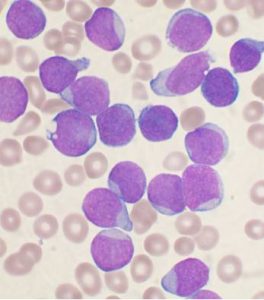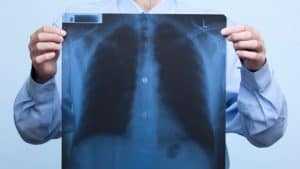Januvia helps stabilise Merck sales
pharmafile | October 23, 2009 | News story | Sales and Marketing | Januvia, Merck
Merck has turned in stable figures for the third quarter of the year, with global sales up 2% on the same period last year to $6 billion.
Net net income rose to $3.4 billion, up from $1.09 billion in the same period a year previously, but the majority of the increase came from Merck’s sale of its interest in animal health joint venture Merial to Sanofi-Aventis.
Merck singled out growth in Januvia, Janumet, Isentress and asthma treatment Singulair as key to its performance and company chairman Richard Clark said plans for the near future were progressing well.
“While focused on the day-to-day business priorities that are fundamental to our success, we’re also primed for our pending merger with Schering-Plough,” he said.
That is still expected to go through before the end of the year.
In pharma terms, the company’s type II diabetes treatments were the stars of the quarter: Januvia, recently approved in Japan, saw worldwide sales up 30% to $491 million, while those of Janumet rose 72% to $173 million.
HIV integrase inhibitor Isentress, used in combination with other antiretroviral agents for the treatment of HIV-1 infection, had sales of $197 million, up 84%.
And asthma and hayfever remedy Singulair saw global sales of $1.1 billion, up 5% year on year. But there was more challenging product performance for the company as well.
Gardasil down 22%
Sales of its cervical cancer vaccine Gardasil fell 22% to $311 million, though the figures don’t include most of the major European markets, where the drug is sold through the company’s Sanofi Pasteur MSD joint venture and its income bundled up with other similar venture income.
Nevertheless it’s a worrying for the sign for the vaccine, whose three-year run as the only US-approved cervical cancer vaccine came to an end in the last week when the FDA approved GlaxoSmithKline’s Cervarix.
Elsewhere, sales of Rotateq, indicated in children for the prevention of rotavirus gastroenteritis, were down 6% in the quarter to $127 million.
Combined sales of Merck’s Zetia (branded Ezetrol outside the US) and Vytorin (called Inegy), reported by the Merck/Schering-Plough partnership also slipped, falling 7% but still coming in at $1 billion.
Merck’s ageing hypertension drugs Cozaar and Hyzaar slipped 3% with sales of $861 million, and both will lose marketing exclusivity in the US and major European markets during the first half of next year.
Merck said it was expecting a “significant decline in future sales” of the brands.
Related Content

Merck to acquire Curon Biopharmaceutical’s B-Cell Depletion Therapy
Merck have announced that they have entered into an agreement with private biotechnology company Curon …

Merck and Daiichi Sankyo expand development and commericalisation agreement to include MK-6070
Daiichi Sankyo and Merck (known as MSD outside of the US and Canada) have announced …

CHMP gives positive opinion for Merck’s KEYTRUDA for unresectable or metastatic urothelial carcinoma
Merck (known as MSD outside of the US and Canada) has announced that its anti-PD-1 …






